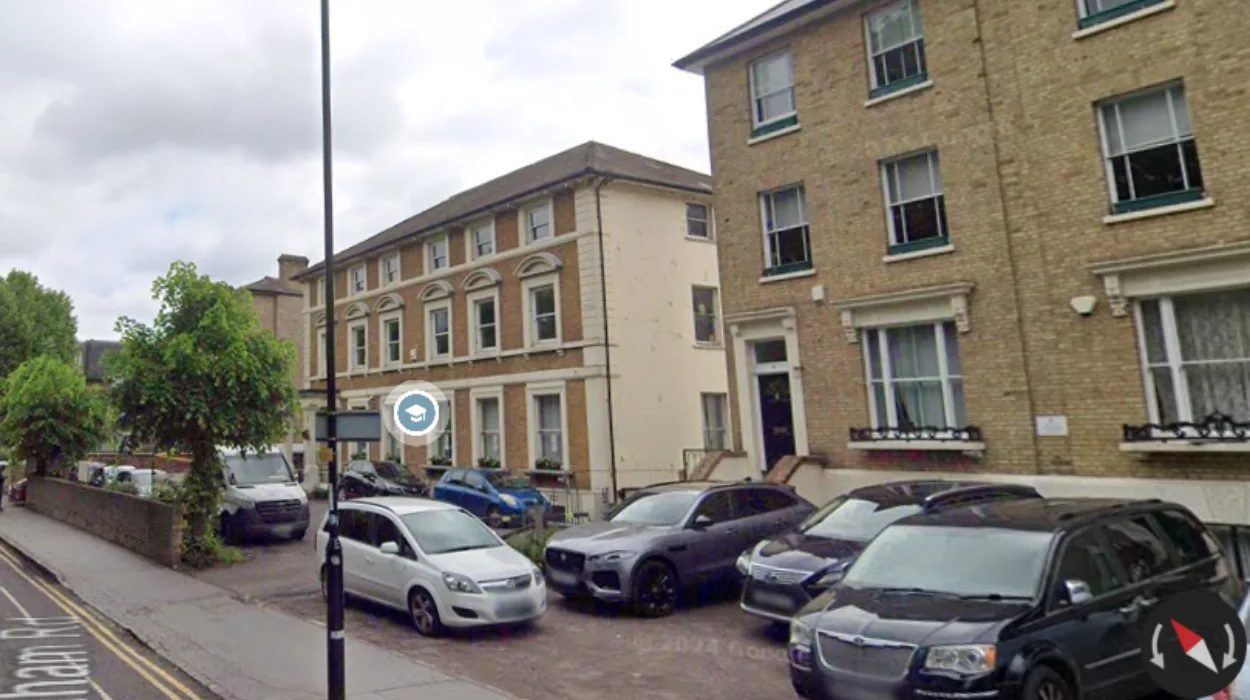Croydon (Parliament Politics Magazine) – A Croydon family has spent 9,500 days in temporary accommodation, spotlighting a national crisis as 130,000 households face long-term emergency housing.
The number comprises 165,510 children and has increased by over 15% in the past year alone.
Researchers from Citizens UK and Trust for London have revealed the permanence of these ostensibly “temporary” agreements in their latest report.
Many kids languish in inappropriate lodgings, such as hostels and bed and breakfasts, for their “entire childhoods.”
Since 1998, one family in Croydon with kids has been residing in temporary housing. Another family in Brent had been living in emergency shelter since 2003, and another family in Westminster had been in temporary housing since 2001.
According to Emmanuel Gotora, assistant director of Citizens UK, temporary housing is supposed to be a lifeline, but it can turn into a trap.
“Families spend years, and even decades, in accommodation that is supposed to act as a springboard into a stable home,”
he said.
“For many, basic necessities such as access to cooking facilities, washing and drying clothes, and storing belongings are not being met. No one should have to live this way, and no child should be growing up without the security of a home that meets all of their needs.”
Meanwhile, councils are charging homeless people in TA extortionate fees to access basic storage and laundry services.
“For example, Islington charges households £130 before belongings can be taken into storage and £40 thereafter if households wish to access their belongings,”
the report found. “In Enfield, households are subject to a £30 charge each time they access their belongings.”
The safety net for vulnerable households has been diminished by recent policy decisions, such as adjustments to housing assistance and welfare benefits, which makes it more difficult for them to keep stable housing and raises their risk of homelessness.
More households are finding it difficult to pay for necessities like rent as a result of broader economic pressures like inflation and the growing cost of living, which increases their risk of being evicted and becoming homeless.
In the UK, it is legally required of local governments to offer temporary housing to those who are homeless or in danger of becoming so.
While families wait for a more permanent home, TA is intended to be a temporary, emergency option. However, there are just not enough social housing for those in need; in England, the number of social rental homes has decreased by nearly 100,000 in the past ten years.
TA is being used by councils to cover the gap, but it is pushing many of them into bankruptcy. In 2023–2024, local governments spent £2.29 billion on temporary housing, which included £4 million per day in London.
Families are also brutally affected. According to an earlier Trust for London study, 75% of TA households live in substandard conditions, with 1 in 5 (21%) having a safety danger such as defective wiring or fire hazards.
Over two-thirds (68%) of the population lacks proper access to necessities like cooking and laundry facilities.
Families suffer greatly as a result, according to Khadiga, a Peterborough mother. They had to relocate frequently, but she wanted her kid to “live his childhood as any other child.”
“When he was asking questions about where we were, why we were moving again, why we were sharing accommodation with others, why he had no space to play, why we had to throw away some of his toys, I kept pretending everything was normal and kept reassuring him we would get our place once day and be finally happy,”
she said.
“I just kept spending lots of time outside in coffee shops to stay warm and to avoid my son getting dirty playing outside as we had no laundry available.”
According to the research, the number of retired persons being placed in temporary housing has increased along with the number of families. A 97-year-old Brent resident has been living in temporary housing for three years, according to Freedom of Information data that Citizens UK was able to collect.
A 91-year-old was being housed in Enfield, and a 95-year-old was homeless in Kingston upon Thames.
To demand quick action to enhance temporary housing, including access to cooking facilities, information, WiFi, laundry, and storage, community leaders from Citizens UK are holding a round table in parliament today.
To raise standards, Gotora asked the government to work with local leaders.
“We need urgent action to deal with this crisis,”
he said.
“The government must step up and set national standards to ensure people can live with dignity across the country.”
What are the main reasons for the increase in temporary accommodation in Croydon?
Affordable housing and social housing are critically needed, as the number of new social homes being constructed is far exceeded by the number of older homes being sold or demolished.
Due to rising rents, this shortage pushes more individuals into the private renting market, which drives more households into homelessness and necessitates TA.
Private rental prices have increased dramatically, particularly in high-demand locations like London, yet earnings have not kept up with these price rises. Many households are unable to pay their rent because of this growing disparity, which results in homelessness and evictions.
The rate of homelessness is rising faster than local governments’ ability to offer both short-term and long-term housing options.


